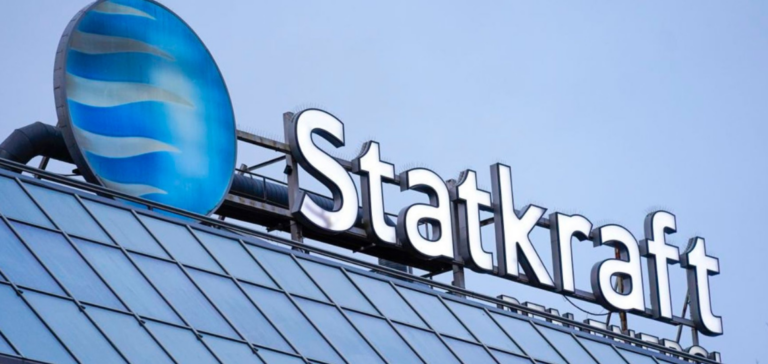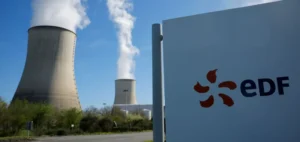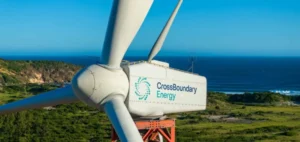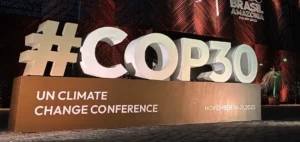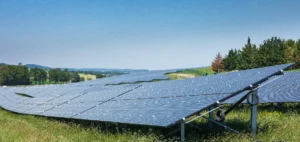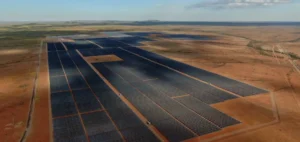In an ever-changing energy landscape, strategic moves by major players play a crucial role. A recent illustration of this dynamic is Statkraft’s acquisition of Spanish renewable energy specialist Enerfin. This transaction, valued at 1.8 billion euros, marks a significant step in Statkraft’s expansion, strengthening its position in the renewable energies sector.
Strengthening Statkraft’s Position in Europe
Enerfin, previously part of the Elecnor group, brings Statkraft a diversified and promising portfolio. This acquisition includes 1.5GW of wind and solar power capacity installed or under development, mainly in Spain and Brazil. The acquisition values Enerfin, including debt, at €1.8 billion, reflecting the company’s strategic importance in the renewable energies market.
Diversification of Renewable Energy Sources
Christian Rynning-Tønnesen, CEO of Statkraft, emphasizes the importance of this operation. It consolidates Statkraft’s position as Europe’s leading producer of renewable energy, and places it among the top ten wind power producers in Spain. It also strengthens its portfolio in the fast-growing solar segment. In addition, the acquisition places Statkraft among the top three wind power producers in Brazil, a fast-growing market.
Historically focused on hydropower, Statkraft has gradually diversified its activities to include wind, solar and battery storage solutions. With a presence in 21 countries, the 100% state-owned Norwegian group has clear ambitions for growth in these sectors. This strategic move is aligned with global energy transition trends, where reducing dependence on fossil fuels and increasing the share of renewable energies are crucial.
Statkraft’s acquisition of Enerfin symbolizes a giant step forward in the expansion of its renewable energy portfolio, reinforcing its position as European leader and affirming its commitment to a sustainable energy transition.


